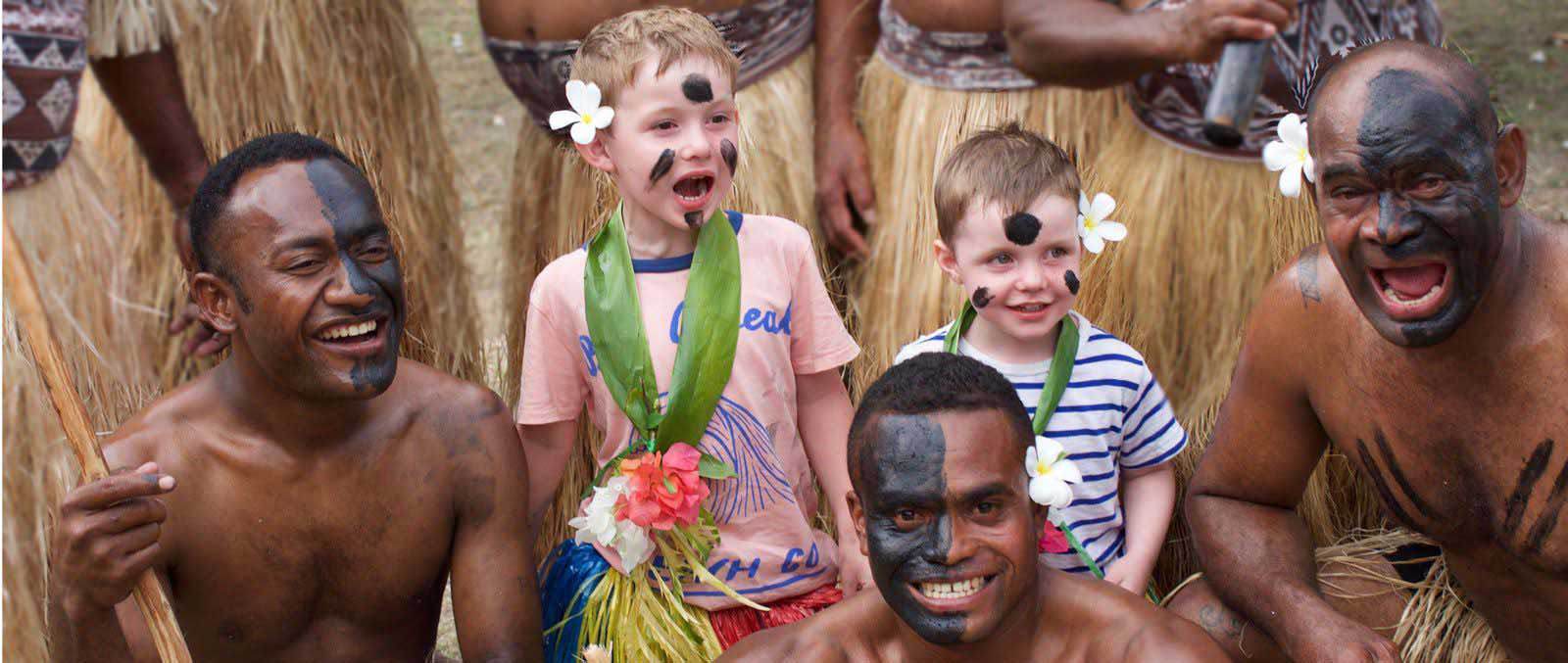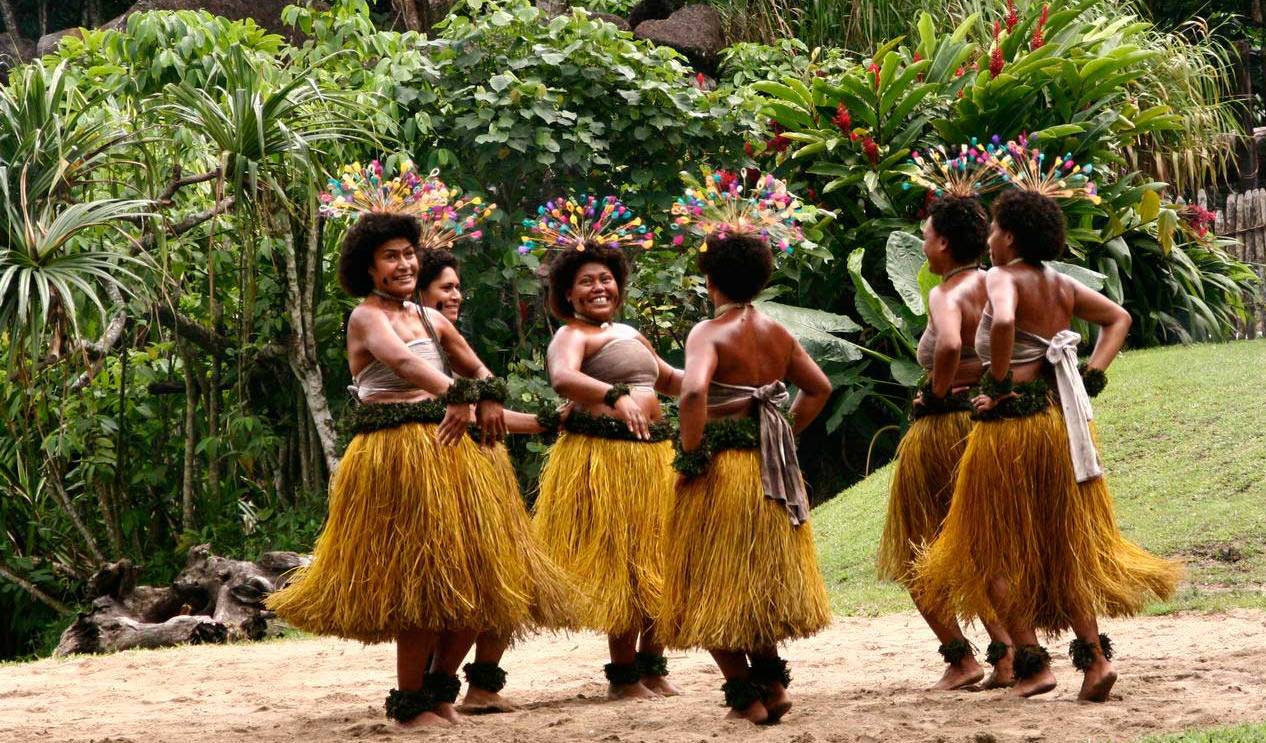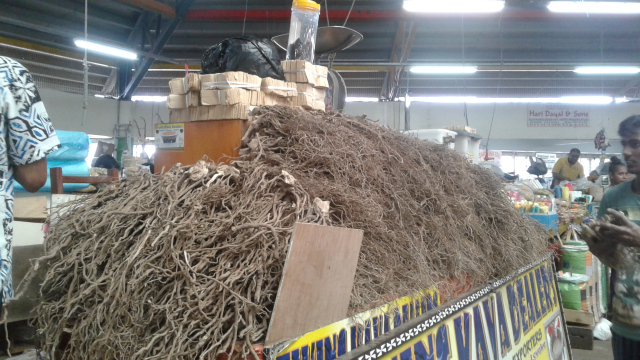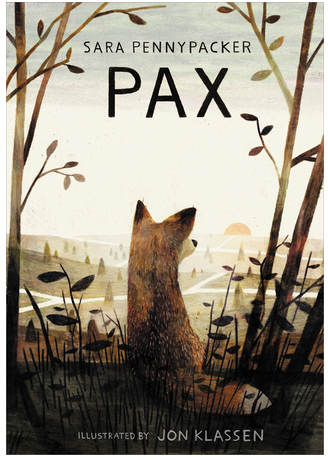
Source: http://vomofiji.com/the-island/fijian-culture/
Like any grog sessions, it comes to end. The general perspective is the end of that grog session and it sums up all that I have learnt and read as a Fijian blogger. This perspective is all about how Fijians look at Yaqona. There is so much that researchers can say about Yaqona but it all comes down to how the locals see it because after all, it is their identity and their culture. Thus here are a few general perspectives about Yaqona.
Vakalusi Gauna or time killerGrog sessions take for hours so you can start at 5 in the evening and finish up at 3 in the morning. That’s how long some grog sessions are. Depending on the number of people sitting around the Tanoa and the number of bags of grog, you might be sitting for a few hours. In most cases, wives of those men sitting and drinking too much grog, complain and advises their husbands to stop drinking and use that time to do some planting in the garden or something else.
Vucesa or LazinessJust as the health perspective highlights, Yaqona makes one lazy because of the effectiveness of the Yaqona in the body making the muscles weak. This is a common issue amongst Fijians because it leads to chores not being complete. Most Fijians would complain about how lazy their husband or relatives are, that it would sometimes become a little joke.
Vakalasalasa or Entertainment
Source: http://www.holidayinnmelbourneairport.com.au/top-three-easter-family-getaways/
In most grog sessions, there would always be someone who likes to entertain the crowd by making jokes and dancing to tunes of the music. This makes grog sessions more fun and lively because Fijians like to laugh a lot and when you laugh a lot, you will enjoy drinking Yaqona. Some Fijians go to grog sessions only to have a good laugh and not drink Yaqona at all. Grog sessions are also entertaining when people from their different village come together and spoil each other. This would encourage others to keep up with drinking kava and at same time challenge other heavy grog swipers.
Income generating to support Families.
PC: Laiseana Nasiga
Yaqona is not only seen as only a drink but is also a means of earning money to support families financially. In some parts of Fiji, certain crops or Yaqona are their only form of earning money. For example in Taveuni, Taro and Yaqona are two common enterprises that villagers in Taveuni rely on for their bread and butter. In Kadavu, Yaqona is also their main source of income. It is also well known `around Fiji that Yaqona from Kadavu is in demand because of its quality and strong taste. The reason Yaqona from Kadavu is in demand is because the soil in the Kadavu area is rich and is suitable for growing Yaqona.
Some of the income generating benefits of Yaqona is paying for educational needs. Most families can’t afford to put their children to school so selling Yaqona helps these children go to school. Some everyday household needs is afforded after selling Yaqona. Thus Yaqona business gives families a chance to live a decent living.
Yaqona is and always is part of Fiji as it has been for so long. It has its negatives and positives for a Fijian. Fijians have grown familiar with the usage of Yaqona that they improvise it to appreciate its existence. This is by having grog sessions, joking with your companions and to generate income for families.
Advertisements Share this:




